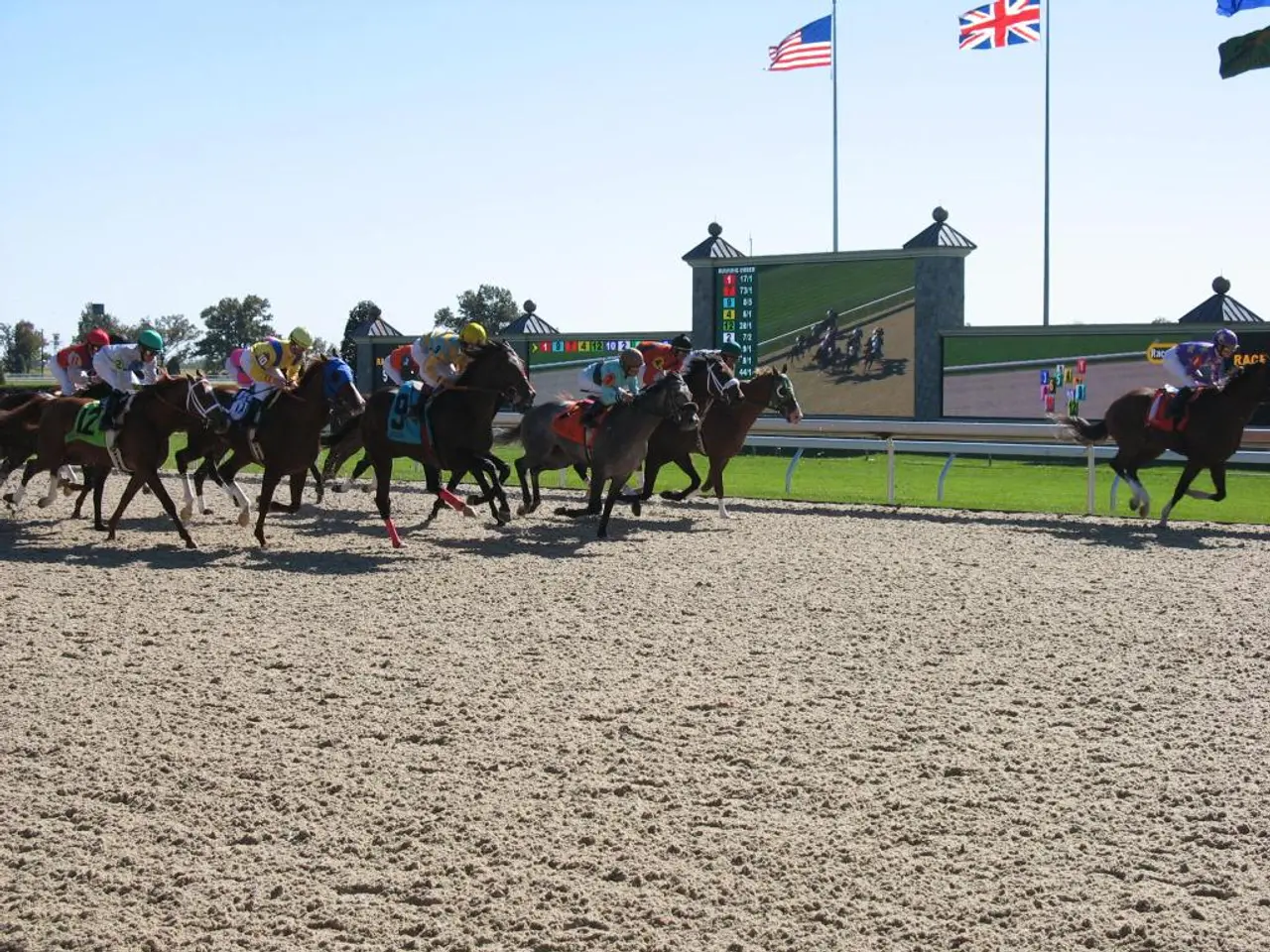Race Against the Clock: Minnesota's Dash to Legalize Sports Gambling
Minnesota, despite multiple legislative attempts, has yet to legalize sports betting, including mobile sports betting on tribal lands. The latest significant effort was Senate Bill 757 (SB757), which proposed issuing 11 sports betting licenses tied to the state's tribal partners and allocating 45% of tax revenue for charitable causes. However, this bill failed in a February 2025 Senate committee hearing, ending in a 6-6 deadlock, marking the fifth consecutive session without success in legalizing sports betting in Minnesota [1].
The implications of this deadlock are significant. With no regulated sports betting options currently available for Minnesota residents, there is a risk that bettors may turn towards illegal markets or neighboring states where sports betting is legal, such as Wisconsin, Iowa, and North Dakota. This shift could result in the loss of valuable tax revenue and raise regulatory challenges [1].
The failure to move forward leaves Minnesota behind neighboring states that have legalized sports betting, placing it at a competitive and economic disadvantage in the regional gambling ecosystem [1][3].
Regarding mobile betting specifically on tribal lands, the SB757 bill had tied sports betting licenses to tribal partners, indicating the intended framework would authorize tribal entities to operate sportsbooks, possibly including mobile platforms within tribal jurisdictions. However, without passage, no formal mechanism exists yet to allow mobile betting on tribal lands or otherwise. Therefore, any mobile sports betting remains illegal under current Minnesota law [1].
The lack of legalized sports betting, including mobile betting on tribal lands, leaves Minnesota’s gambling ecosystem static, with potential economic drawbacks and the risk of unregulated market growth. The state may see pressure to modernize these laws in the near future due to surrounding states’ legalization and consumer demand [1][2][3][5].
Despite the current status, there remains a possibility of special sessions that might tackle the issue, reflecting some ongoing political interest [2]. The legalization of sports betting in Minnesota aims to create a safer, more transparent environment, and is seen as a statement about the state's commitment to regulation and legitimization [3].
Other states are watching Minnesota closely, ready to consider sports betting legislation within their own borders as the national conversation about the future of sports betting in America continues [4].
Table: Current Status of Sports Betting in Minnesota
| Aspect | Current Status in Minnesota | Implications | |--------------------------------|--------------------------------------|----------------------------------------------| | Legal sports betting | Not legalized (multiple failed attempts) | Residents use illegal or out-of-state options, lost tax revenue | | Mobile sports betting | Not allowed, including on tribal lands | No regulated mobile betting; state lags neighbors | | Tribal involvement | Proposed licenses tied to tribes but not enacted | Potential revenue and sovereignty benefits unrealized | | Future outlook | Possible special session in 2025 or 2026 | Political interest persists, uncertain timeline |
This situation leaves Minnesota currently unable to benefit from the regulated sports betting market expanding elsewhere in the U.S. [1][2][3][5].
Sports-betting enthusiasts in Minnesota continue to seek a regulated market, as the state's lack of legalization maintains their reliance on unregulated options or those offered in neighboring states. Notably, mobile sports-betting on tribal lands remains illegal under current Minnesota law, leaving an untapped opportunity for potential revenue and economic growth.





